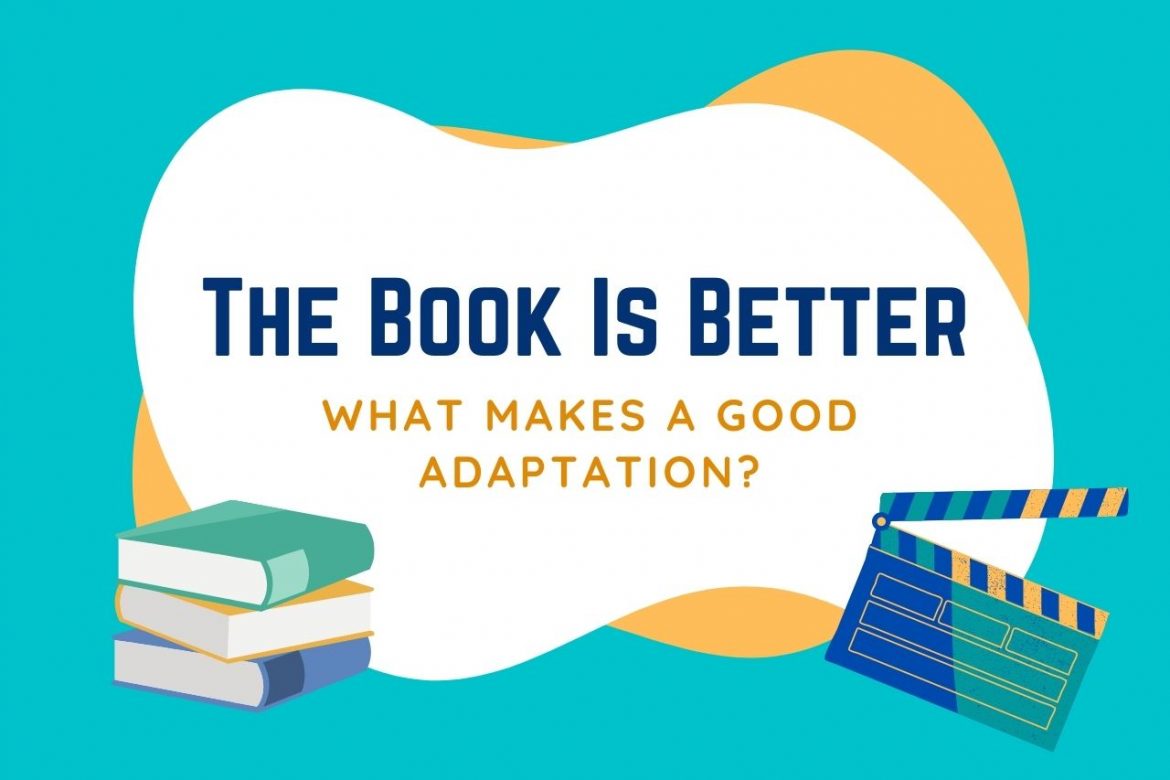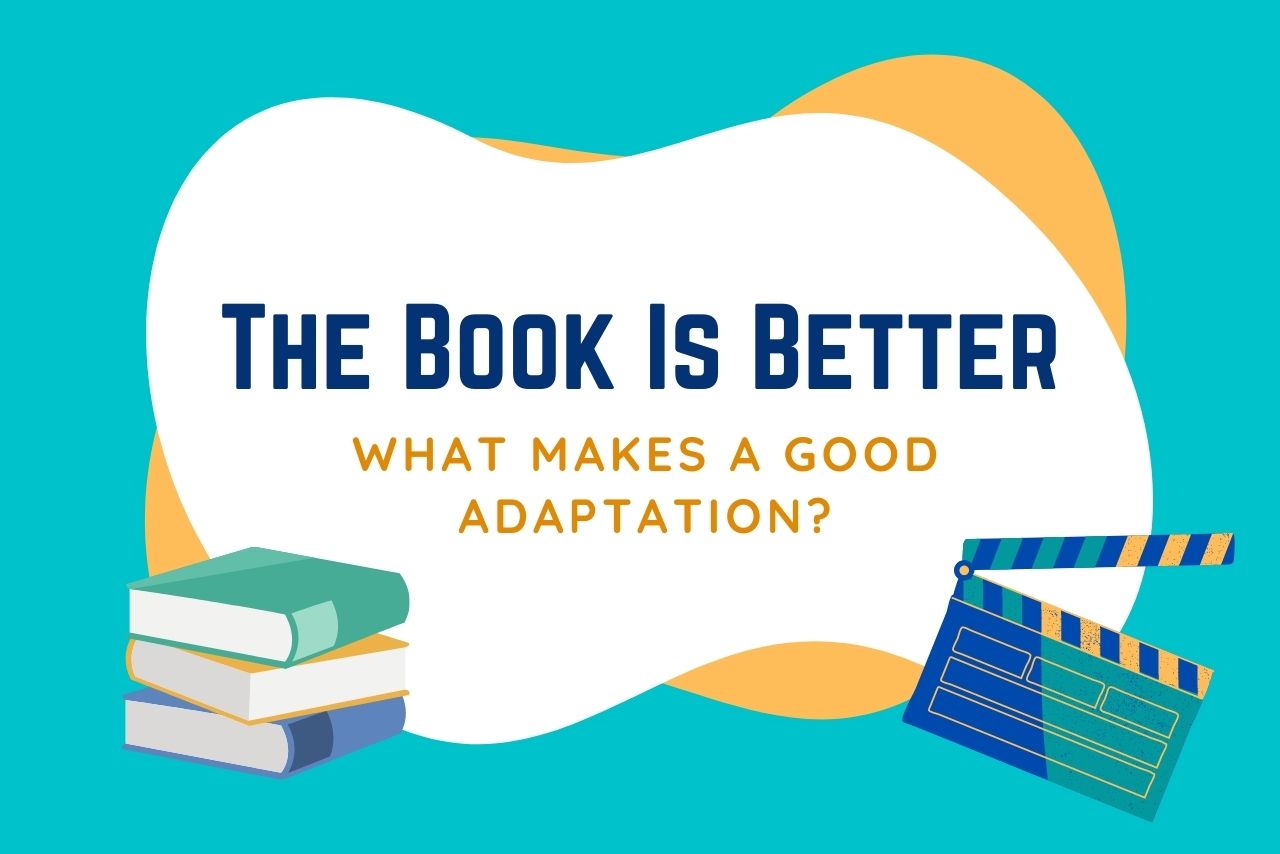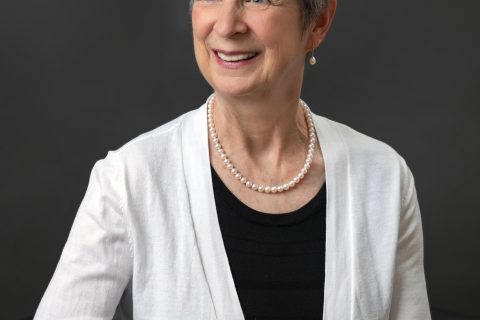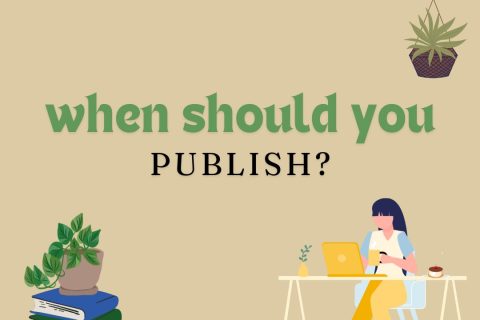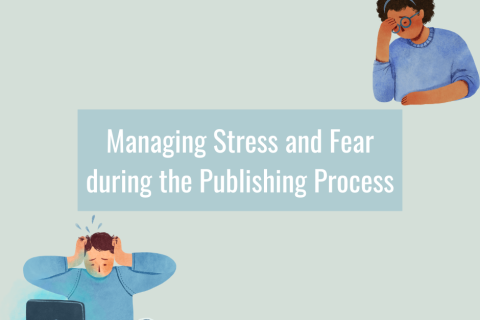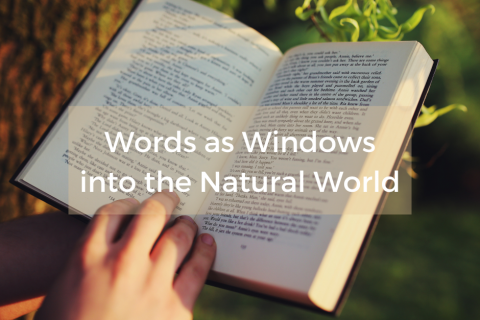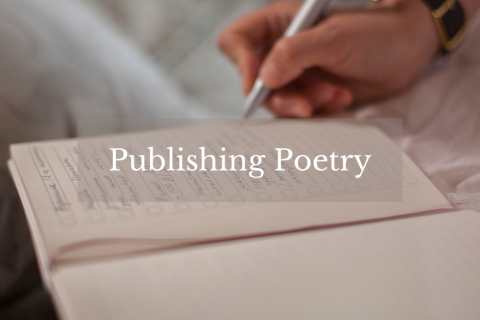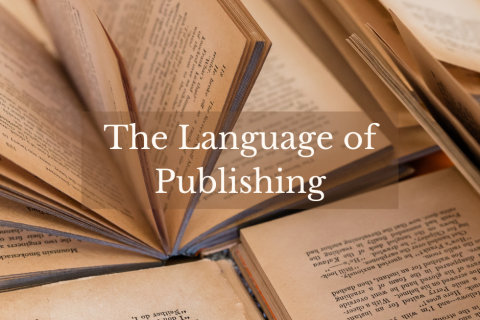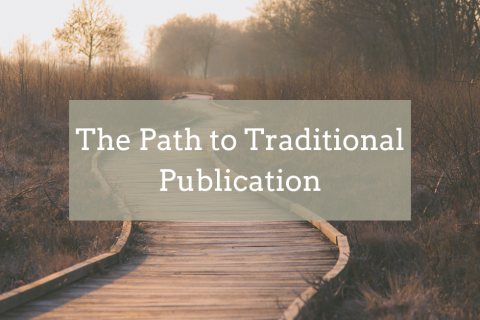It is a conflict that plagues all booklovers: the adaptation. With the surge of YA adaptations in the last ten years, any booklover knows the feelings that can come with seeing your favorite book heading to the silver screen. Through cast announcements, poster reveals, and trailer drops, you feel your anticipation (and expectations) rise. Then you watch it, and you’re left with disappointment at a movie that seems totally different from your treasured read. Why would they leave out that one character? What about that one scene? This frustration is why many continue to advocate for the scene-by-scene remake that every reader dreams of.
As promising as this dream may sound, in my opinion a good book adaptation is not the unwavering dedication to accuracy that many desire, but the ability to translate the essence of the book into the film.
What Is the Purpose of an Adaptation?
Before you protest, it’s important to look at the purpose of these adaptations. While a lot of these adaptations are made for money, these adaptations are made for many other reasons.
Adaptations can ultimately bring a story to a larger audience, expanding the fans of the franchise past just those who love the book. To appeal to this larger audience, adaptations must be made to entertain the general public. They are able to translate this story into a new medium, which can open up a lot of opportunities. However, this means their priority isn’t making a good adaptation, it is making a good movie. To be fair, they sometimes fail at even doing that.
These motivations lead to many adaptations compromising the source material. Looking at The Hunger Games franchise, to be able to market it to larger audiences, they pushed the love triangle between Katniss, Peeta, and Gale, often ignoring that the most important relationship in the books was that between Katniss and her sister. And that isn’t even the worst betrayal an adaptation has committed! Which is why it is understandable the frustration people feel towards adaptations.
Looking at these criteria, you can start to see how the scene-by-scene remake might fail to reach the core goals the adaptation was made to accomplish. Beyond this, there are even more reasons why what we seek isn’t obtainable.
The Complete Remake Won’t Be Satisfying
It is easy to understand why people advocate for the adaptation that sticks entirely to the book. It is fascinating to see the story you love translated in exact detail from how it was laid out in the book, breathing life into how you’d always envisioned it. However, the remake of your dreams will never bring satisfaction due to one core reason: medium.
Books and movies are different, they work within different methods and systems. A movie can’t convey inner dialogue the way a book does or explore the intimate feelings of the characters. A movie has limits of imagination where a book has none. On the contrary, a book can’t have background music or a color palette. They express stories in different ways, meaning that a book could never be fully expressed through film.
Along with that, these different media often have different audiences. Opening the door for an adaptation to apply the methods of filmmaking to a book’s story also opens that story up to a new audience. An accurate remake that isn’t altered to fit its medium wouldn’t expand its audience much, which would only serve to hold back the story you love so dearly.
Even when only fans of the book are considered, the key to reading a book is the power of your imagination. Everyone pictures a book differently, which only complicates the idea of a complete remake even more. It would be impossible to create a movie that satisfies the expectations and imaginations of every single person who has loved that book. Expectations must change, because if our expectations are too high, we will never be able to enjoy the beauty of a book on screen.
So What Is the Answer?
I offer alternative expectations to booklovers for these adaptations. Expect the book to expand itself through film and reach new audiences while still satisfying the fans whose passion originally brought it to screen. Achieving this solution lies in identifying the essence of the book.
“Essence” means: What made you love this book? What made this book unique and captured the hearts of its fans? It could be dynamic characters, real or figurative magic, heart-wrenching relationships, the fascinating settings, or the theme behind it all. To make a good adaptation, writers and directors must be dedicated to celebrating that essence–the core of the book.
The Harry Potter franchise is a great example of this. While storylines were changed, inaccuracies developed, and things left out, the movies conveyed what originally made people fall in love with the books: the magic of being at Hogwarts, the friendship, the triumph of good over evil. While people might still complain about certain things, most would agree that the films were a satisfying depiction of the soul of the original books. By capturing what made this book matter to you and what swept you out of your own world, the film can be a success for both the reader and filmmakers.
This satisfaction can open the adaptation up to more possibilities and allow for it to expand on the source material. Telling this story through a new medium lends itself to a new creative vision. In Greta Gerwig’s 2019 film adaptation of Little Women, you can see that she was able to take many creative liberties with costumes and lighting and editing. Gerwig added her own interpretation and meaning to the movie while still allowing the original story to shine through.
Many films have found ways to use the medium of film to enhance their stories in ways the books couldn’t. In the Perks of Being a Wallflower 2012 film adaptation, the iconic tunnel scene includes the important final lines of the book through voiceover, but it also has the background song swelling over the dialogue, breathing more life into the scene. By letting the audience hear the evocative music they couldn’t have heard in the book, the movie is able to add meaning to this scene and make it even more poignant.
This compromise is becoming increasingly popular as more and more adaptations are being picked up as TV shows. With a spread out story, fans are more open to giving creators the time to pursue their creative interpretations of a book without having to compromise the accuracy. This seems like a good step in the right direction for merging the fans of the book with new audiences and growing the franchise.
Let’s be clear: You do not need to accept every adaptation as it is simply because it is a different medium, as there are definitely adaptations that deserve criticism regardless (looking at you, Percy Jackson movies!). However, we can evaluate our expectations and question whether they’re the best option or even realistic. This contemplation can allow us to open ourselves to different expectations and find new ways to appreciate adaptations, even when they don’t exactly match our original perceptions of our beloved book.
Will the movie ever be better than the book? Maybe not, but we can open ourselves to enjoying the two separately and allowing ourselves to love the story no matter what medium it is in—because the story will always be what matters most.
written by Corinne Martin

